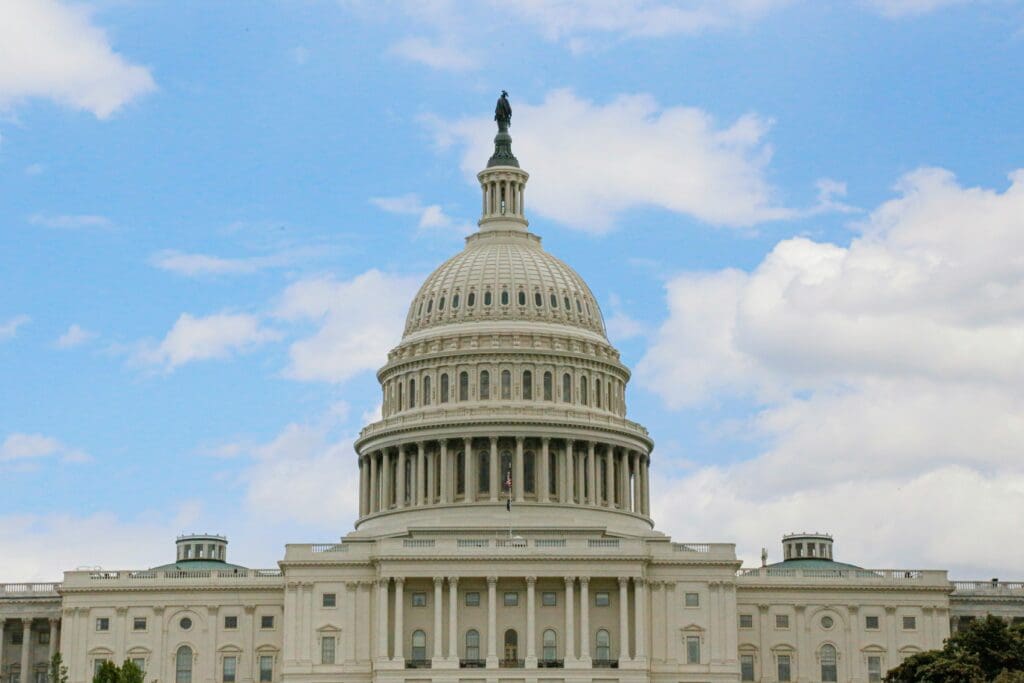Officials are warning that roughly one in five New Jersey Medicaid recipients could lose health coverage under President Donald Trump’s sweeping tax cut and spending package.
Signed into law on July 4, the legislation reduces federal Medicaid spending by $1 trillion over the next decade. In New Jersey, where the program is known as NJ FamilyCare, an estimated 350,000 low-income residents stand to lose coverage as new work requirements and eligibility hurdles take effect in the coming years.
The law imposes an 80-hour monthly work mandate for able-bodied adults, stricter income checks every six months for some enrollees, and higher out-of-pocket costs starting in 2028.
Retroactive coverage will also shrink, while categories of legal immigrants, including refugees and some asylum seekers, will lose access entirely beginning in 2026.
Medicaid and SNAP Cuts Could Impact Low-Income NJ Residents
“Programs like NJ FamilyCare and NJ SNAP are not just safety nets. They are lifelines. They reflect New Jersey’s core values of dignity, compassion, and opportunity for all,” said Human Services Commissioner Sarah Adelman in a statement. “These programs ensure that children receive medical care, that older adults and people with disabilities can live with independence, and that no family goes hungry in a time of need.”
About 1.8 million New Jerseyans rely on Medicaid. The state expects to lose $3.6 billion in annual federal aid, including funding that hospitals and public health programs depend on. Nearly one-third of births and more than half of nursing home residents in the state are covered through NJ FamilyCare.
State officials say the new law could force New Jersey to choose between paying steep penalties or cutting coverage for tens of thousands of children from undocumented families who currently qualify under state funding.
The impact extends beyond health care. Cuts to the Supplemental Nutrition Assistance Program, or SNAP, will add costs to state and county budgets. About 800,000 residents use SNAP, many of them children, seniors or people with disabilities.
How Did NJ Representatives Vote?
New Jersey’s three House Republicans, Reps. Tom Kean Jr., Chris Smith and Jeff Van Drew, backed it. The conservative representatives cited benefits such as lifting the state and local tax deduction cap from $10,000 to $40,000. Supporters argue the bill will stimulate the economy through extended tax breaks, though critics note it adds more than $3 trillion to the national debt.
NJ’s nine other Representatives, all Democrats, voted ‘no’ on the bill. Gubernatorial Candidate Mikie Sherill was one of them, stating after the vote on social media: “This cruel piece of legislation will kick hundreds of thousands of New Jerseyans off their healthcare and raise costs for even more.”
NJ Senators Booker and Kim Vote ‘No’ on Trump Bill
In Washington, the legislation cleared the Senate by a single vote, with Vice President JD Vance breaking a tie as Democrats objected to last-minute edits and private negotiations. “This is a moral obscenity,” said Sen. Cory Booker, who opposed the bill along with Sen. Andy Kim.
State leaders say they may have to revisit the state budget once federal agencies issue guidance on how to put the law into effect.
“Our state is just not positioned to be able to fill the gaps that we’re seeing,” said Senator Kim. “We already see the challenge our New Jersey budget is in this year, and we’re just not in a position to offset.”
The New Jersey Digest is a new jersey magazine that has chronicled daily life in the Garden State for over 10 years.
- Staffhttps://thedigestonline.com/author/thedigeststaff/
- Staffhttps://thedigestonline.com/author/thedigeststaff/
- Staffhttps://thedigestonline.com/author/thedigeststaff/
- Staffhttps://thedigestonline.com/author/thedigeststaff/


